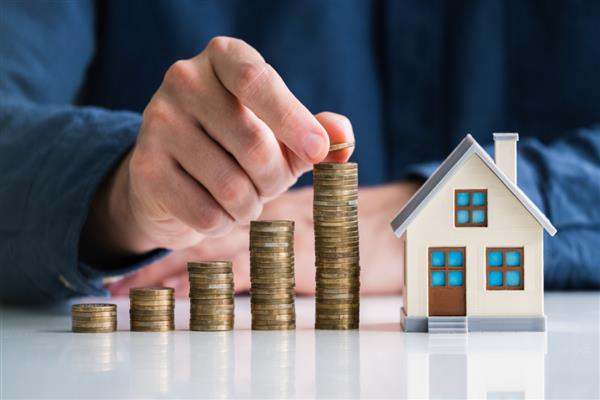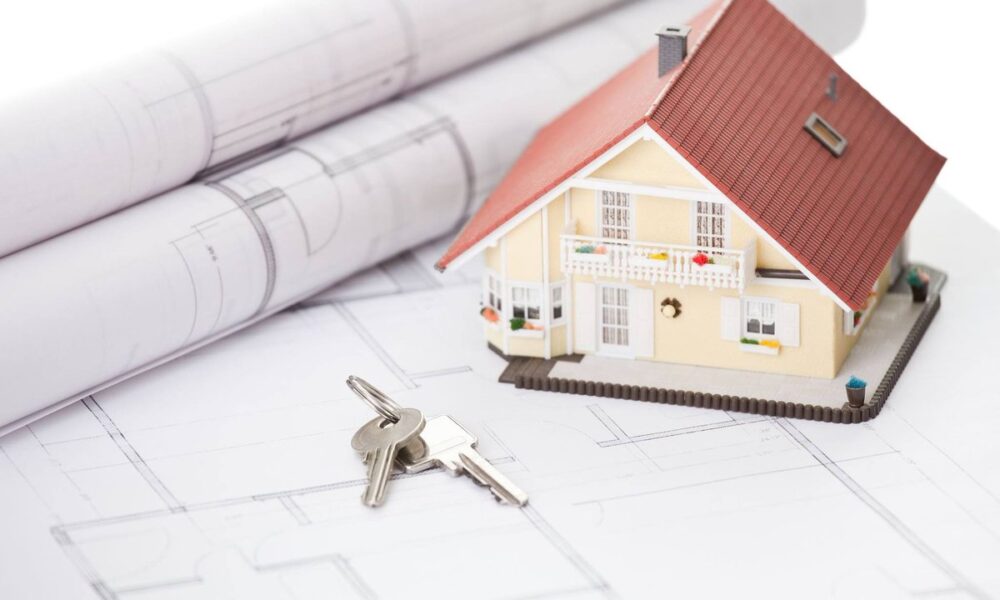In recent years, there has been a growing emphasis on sustainability in various industries, and the real estate sector is no exception. As the world becomes more aware of the need to protect the environment and combat climate change, sustainable real estate practices have gained significant attention. This article will explore some of the key trends in sustainable real estate and their impact on the industry.
1. Green Building Certification
One of the most prominent trends in sustainable real estate is the adoption of green building certification programs. These programs, such as LEED (Leadership in Energy and Environmental Design) and BREEAM (Building Research Establishment Environmental Assessment Method), provide a standardized framework for assessing the environmental performance of buildings. Developers and investors are increasingly seeking green building certification to showcase their commitment to sustainability and attract eco-conscious tenants.
2. Energy Efficiency
Energy efficiency is a crucial aspect of sustainable real estate. With the rising costs of energy and the environmental impact of excessive consumption, property owners are implementing various measures to reduce energy usage. This includes installing energy-efficient appliances, implementing smart building systems, and utilizing renewable energy sources like solar panels. These strategies not only decrease the carbon footprint but also lead to lower operating costs for property owners.
3. Water Conservation
Water scarcity is a significant global concern, and sustainable real estate aims to address this issue. Developers are incorporating water-saving technologies such as low-flow fixtures, rainwater harvesting systems, and efficient irrigation methods in their projects. Additionally, landscaping designs that require less water and the use of drought-resistant plants are becoming more popular. Water conservation not only helps preserve this valuable resource but also reduces water bills for property owners.
4. Waste Management
Proper waste management is another crucial trend in sustainable real estate. Developers are implementing recycling programs, promoting composting, and using sustainable building materials that generate less waste. Additionally, there is a growing focus on reducing construction waste through efficient project planning and recycling or reusing materials whenever possible. These practices not only contribute to environmental preservation but also create a healthier and more sustainable living environment.
5. Well-being and Health
Sustainable real estate is increasingly prioritizing the well-being and health of occupants. Developers are incorporating features such as ample natural lighting, improved indoor air quality, and access to green spaces. These elements enhance the comfort and productivity of occupants while reducing energy consumption. In addition, the use of non-toxic building materials and the implementation of proper ventilation systems contribute to healthier living environments.
6. Social Responsibility

Sustainable real estate goes beyond environmental considerations and encompasses social responsibility. Developers are integrating social impact initiatives into their projects, such as affordable housing, community development, and accessibility for people with disabilities. These efforts aim to create inclusive and sustainable communities that benefit everyone.
- Green building certification programs
- Energy efficiency measures
- Water conservation technologies
- Effective waste management strategies
- Focus on well-being and health
- Social responsibility initiatives
Sstainable real estate is a rapidly growing trend that is reshaping the industry. Developers and investors are embracing green building certification programs, implementing energy-efficient measures, conserving water, managing waste effectively, prioritizing well-being and health, and promoting social responsibility. By adopting these sustainable practices, the real estate sector is not only contributing to a greener future but also reaping the benefits of reduced costs, increased tenant demand, and enhanced community relationships.







